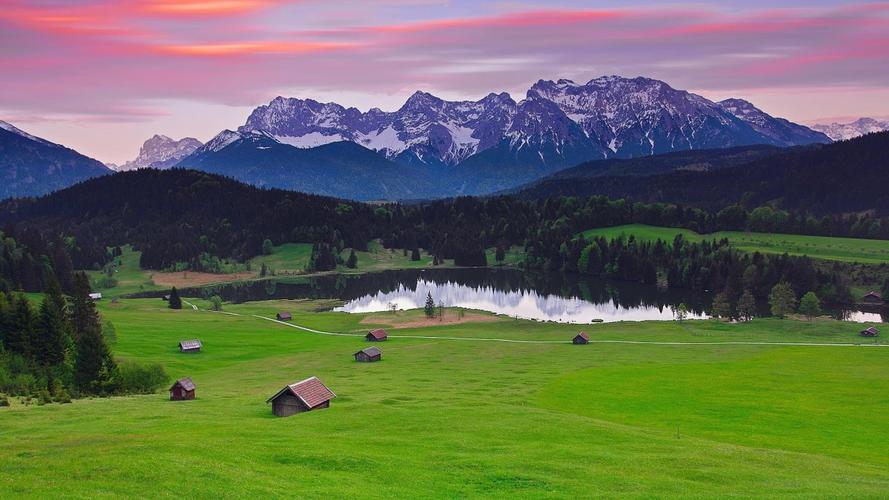.
1. Space Travel Slows Down Aging
One of the incredible and surprising facts about space travel is that it can slow down aging. This happens because astronauts are exposed to microgravity, which minimizes cell division and enhances tissue repair. As a result, astronauts age slower in space. For example, NASA astronaut Scott Kelly was found to have longer telomeres, which are strands of DNA at the end of chromosomes that protect them from damage. This demonstrated that space travel can have a rejuvenating effect on the human body.
2. Astronauts Have Experienced Strange Illusions
Another fascinating fact about space travel is that astronauts have experienced strange illusions that challenge their perception of reality. These include the “overview effect,” which is a feeling of awe and interconnectedness with the universe that astronauts experience when they observe the Earth from space. Astronauts have also experienced the “space stupids,” which is a cognitive phenomenon that happens when the brain adapts to microgravity and experiences mild cognitive impairment.
3. The International Space Station is Huge
The International Space Station (ISS) is the largest structure ever built in space. It is about the size of a football field and weighs over 400 tons. The ISS is also home to a wide variety of scientific experiments, ranging from testing the effects of microgravity on the human body to gathering data on the Earth’s ecosystems.
4. Space Travel Can Change Your DNA
Space travel can also change an astronaut’s DNA. This happens because astronauts are exposed to high doses of cosmic radiation, which can damage DNA and alter gene expression. In one study, NASA found that astronaut Scott Kelly’s DNA changed by 7% after spending a year in space. This highlights the potential risks of long-term space travel on human health.
5. Spacecraft are Vulnerable to Space Junk
Spacecraft are vulnerable to space junk, which are pieces of debris in space that can collide with and damage spacecraft. There are currently over 20,000 pieces of debris larger than 10 cm in orbit around the Earth, and scientists estimate that there may be millions of smaller pieces. This poses a significant risk to spacecraft and astronauts.
6. The First Animals in Space were Fruit Flies
The first animals sent into space were fruit flies. In 1947, the U.S. launched a V-2 rocket carrying fruit flies to a height of 108 km. The flies were recovered alive and well after their brief, suborbital flight.
7. Space Travel is Expensive
Space travel is incredibly expensive. For example, the cost of a SpaceX Falcon 9 launch is about $62 million. The high cost of space travel is a major barrier to space exploration and colonization.
8. Space Travel Could Help Solve Global Problems
Space travel has the potential to solve global problems such as climate change, resource depletion, and overpopulation. For example, space-based solar power could provide unlimited, clean energy to the Earth, while space mining could provide access to rare resources such as helium-3 for fusion energy.
9. The Sound of Space is Haunting
The sound of space is haunting. NASA scientists have recorded various sounds in space, including the eerie hum of the solar wind, the crackling of lightning on Jupiter, and the pulsing of distant black holes.
10. Space Travel is Not for Everyone
Finally, space travel is not for everyone. Astronauts undergo rigorous training and must have specialized skills such as piloting spacecraft, conducting scientific experiments, and performing spacewalks. Space travel also involves significant risks to human health and safety. However, for those who are up for the challenge, space travel offers an incredible opportunity to explore the unknown and expand our understanding of the universe.
(Note: Do you have knowledge or insights to share? Unlock new opportunities and expand your reach by joining our authors team. Click Registration to join us and share your expertise with our readers.)
Speech tips:
Please note that any statements involving politics will not be approved.
